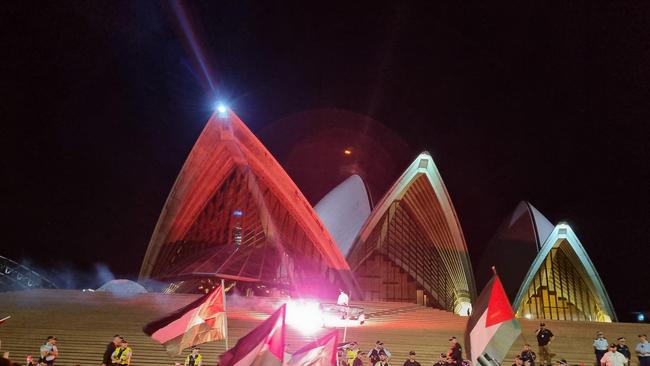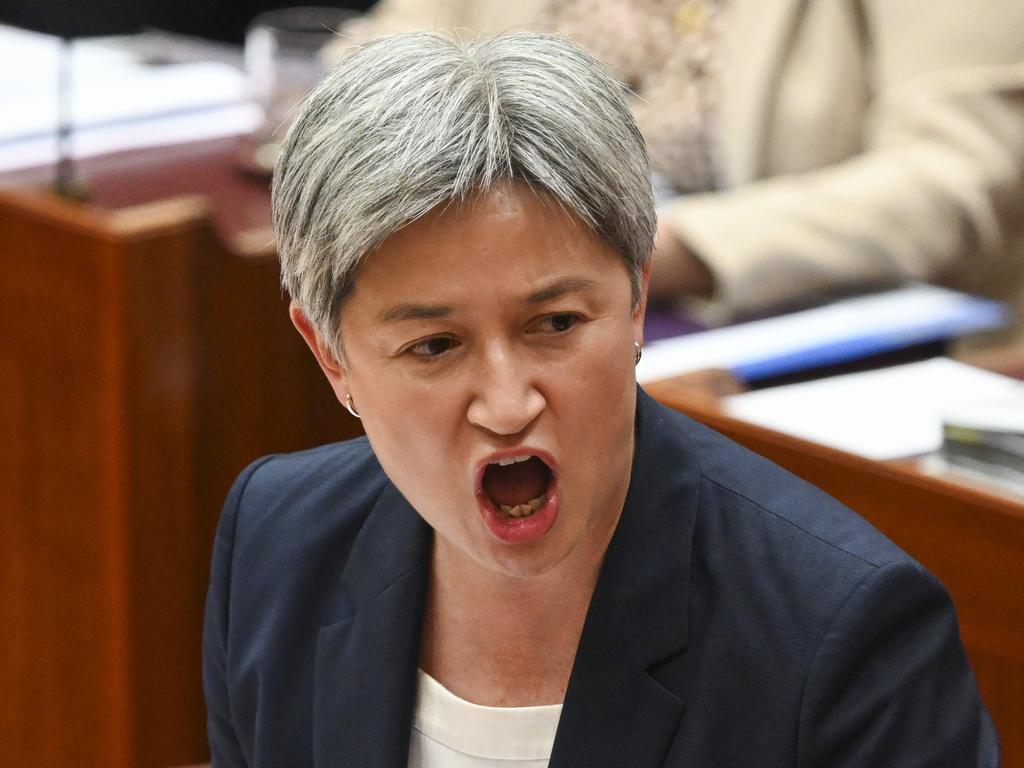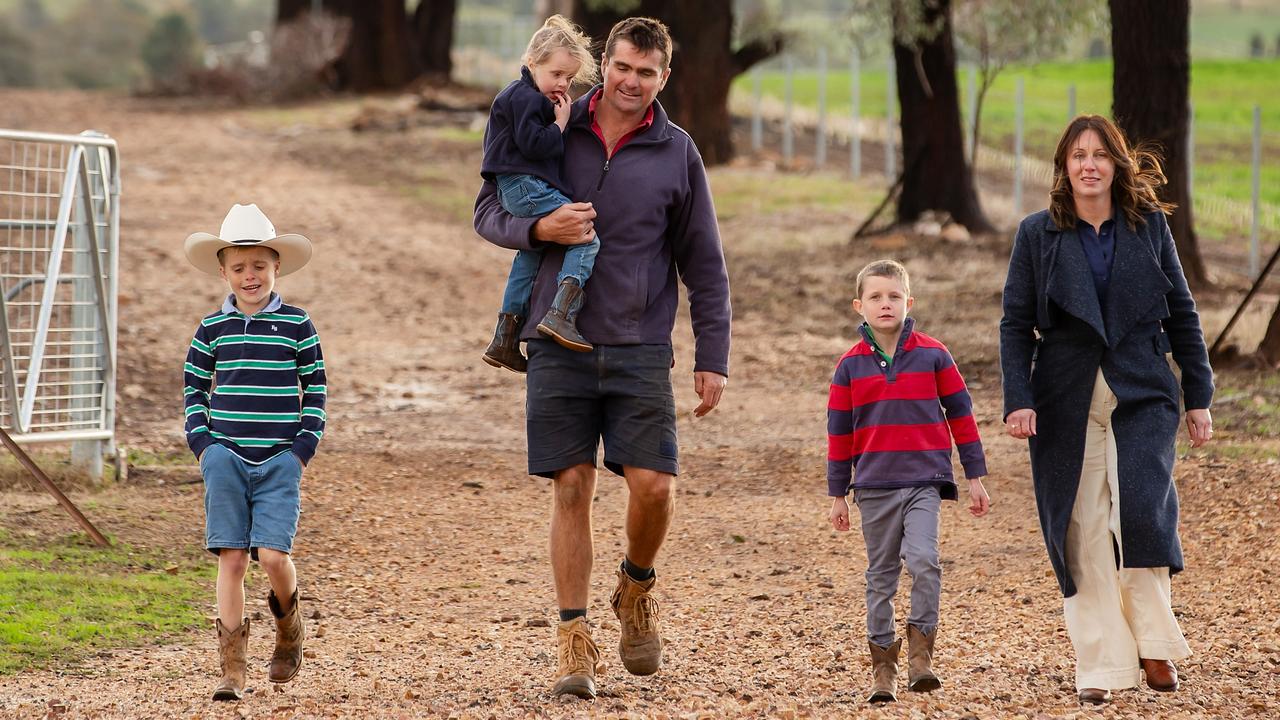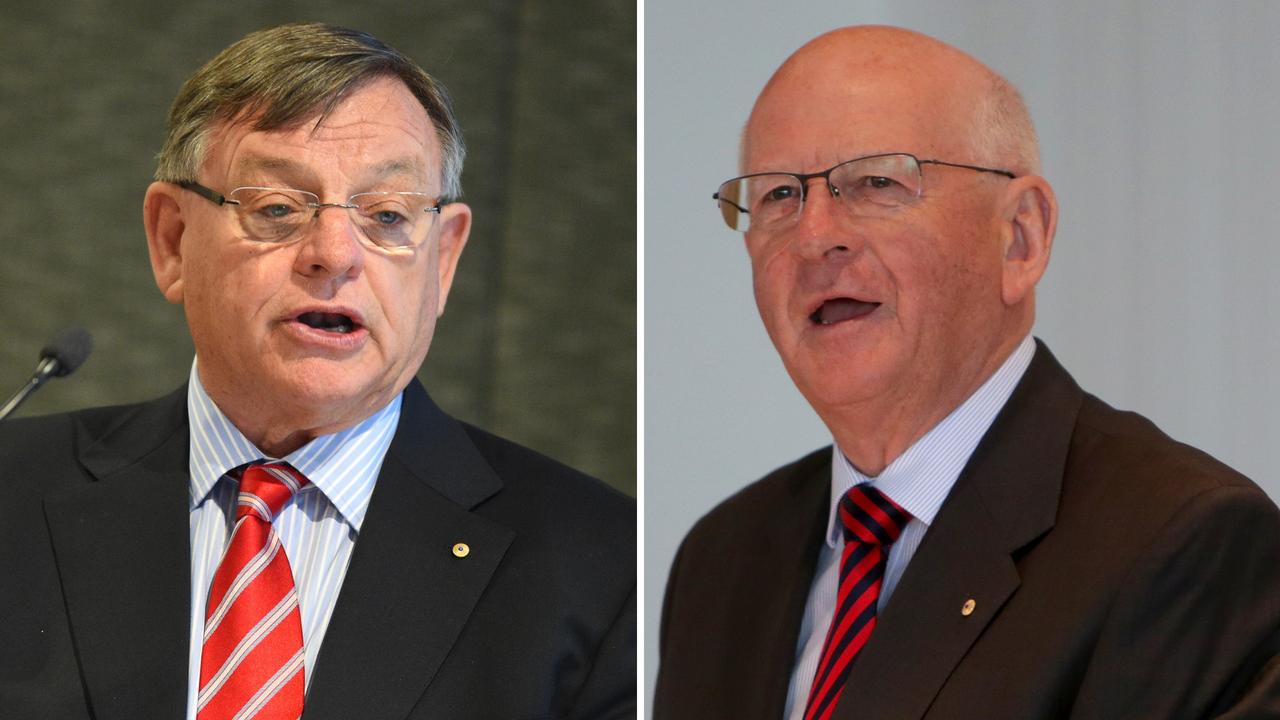Government to strengthen unused law to prevent anti-Semitism
An unused section of the Crimes Act that criminalises threatening or inciting violence may be strengthened by the NSW government.

An unused section of the Crimes Act that criminalises threatening or inciting violence on various grounds including race or religion may be strengthened by the NSW government to clamp down on both anti-Semitism and Islamophobia resulting from the conflict in Israel and Gaza.
The Australian understands questions have been raised within the Minns government about the effectiveness of Section 93Z of the Crimes Act – specifically, that no case has been successfully prosecuted under the reforms since it was introduced in August 2018.
While six people have been charged with committing an offence under the section since 2018, two convictions were annulled in 2021, two people had their charges withdrawn, and two matters were adjourned to this year and are facing further delays.
NSW Police advised the state government in October that those final two matters would now be heard in 2024.
In order to obtain a successful prosecution going forward, there is a belief within the government the law needs to be reformed, The Australian understands.
Critics of section 93Z have raised a number of issues with the law, including that “inciting violence” has a high legal threshold; that the need for offences to be investigated by NSW Police and require the approval of the Director of Public Prosecutions has created “an administrative bottleneck”; and that it deals only with the specific hate crime of “of intentionally or recklessly threatening or inciting violence”.
The Australian has also revealed that NSW Police Minister Yasmin Catley has been handed legal advice, compiled by barristers, which says anyone yelling “gas the Jews”, as occurred at a pro-Palestine Opera House rally, could be prosecuted under Section 93Z.
“The call to ‘gas the Jews’ is in a different category. The usage of the term ‘gas’ would, to the ordinary person, be a clear reference to what occurred in World War II – systematic mass genocide by using lethal gas on Jewish people. The statement, understood literally, is a threat or incitement to kill,” the advice, written by barristers Andrew Boe and Dan Fuller, reads.
NSW Opposition Leader Mark Speakman, who introduced the laws when he was attorney-general, told The Australian the events of October 9 needed to be closely investigated, and penalised under 93z if appropriate.
The 93Z laws were introduced in 2018 by the Coalition after a concerted lobbying effort by an alliance of 31 groups, who warned the old laws were allowing threats of racially and religiously motivated violence to go unpunished.
Those prosecuted will be penalised with up to a $11,000 fine and/or three years’ imprisonment.
The Australian understands the NSW government is also looking at what other safeguards can be strengthened to prevent people being vilified or abused for their beliefs, after a new and separate law – known as the Anti-Discrimination Amendment (Religious Vilification) Act 2023 – came into effect on Sunday.
The reform will make it unlawful to, by a public act, incite hatred towards, serious contempt for, or severe ridicule of a person or group of persons because of their religious belief, affiliation or activity.
Premier Chris Minns said on Sunday there was no “room for hatred, which sows the seeds of mistrust and intolerance”.
“We cannot tolerate religious vilification. This would threaten the thriving, tolerant, multi-religious and multiethnic heart of NSW,” he said.








To join the conversation, please log in. Don't have an account? Register
Join the conversation, you are commenting as Logout